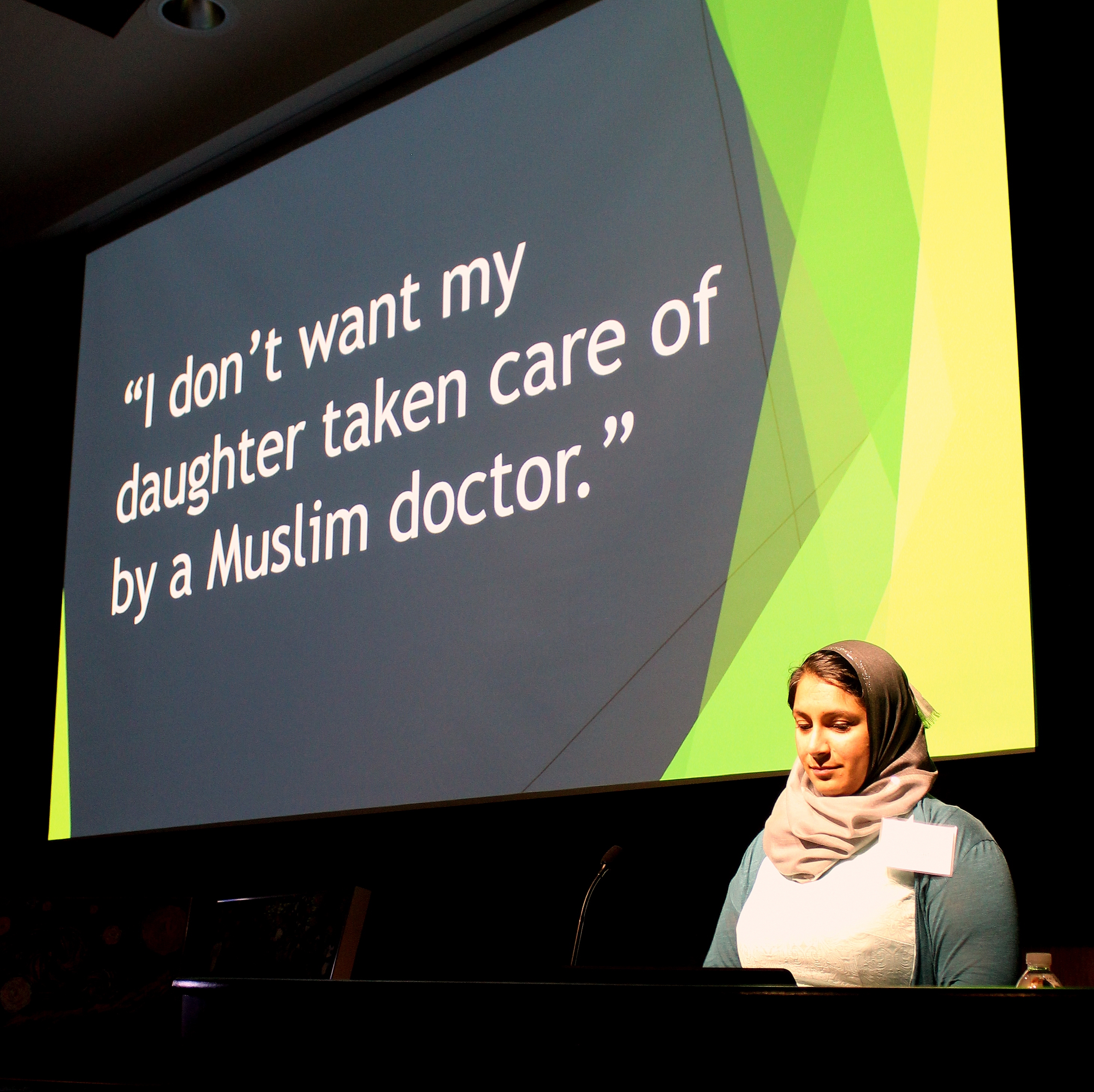
Residents in the TBP are encouraged to develop areas of interest and expertise, both professionally and personally. There are a variety of opportunities to participate in activities that will create well-rounded and balanced physicians. TBP residents can participate in previously established “tracks” or find ways to expand their education in both pediatrics and psychiatry through other special opportunities.
Community Oriented Resident Education (CORE) Track
Learning about the community in which we practice is an essential element of medical care. Many of our TBP residents participate in both informal and formal advocacy for patients and communities. The CORE Track provides residents an opportunity to further learn about and engage in the Pittsburgh community.
Scholarly Projects and the Psychiatry Research Pathway
In order to further develop and formalize their expertise, residents have the opportunity to participate in scholarly projects that vary from formal investigative studies (basic, translational, or clinical research) to clinical/educational quality improvement projects. Past projects include presenting at journal club seminars, developing a mental health curriculum for pediatricians, publishing a case report, and presenting a poster at our Department’s Annual Research Day.
While some residents may prefer to engage in research during residency at their own initiative and time through integrated clinical training and electives, others join the Psychiatry Research Pathway (PRP), the purpose of which is to facilitate the career development of residents into highly successful investigators.
Academic Administrator/Clinical Educator (AACE) Track

Participation in the AACE Track fosters the development of academic skills and knowledge for TBP residents who are interested in pursuing a career in leadership or clinical education.
AACE Track participants receive mentorship, participate in regular didactics, teach medical students and residents, and develop quality improvement projects or educational curricula.
Global Health Initiatives
The University of Pittsburgh provides a variety of opportunities to get involved and network with other trainees and faculty engaged in global health initiatives. The Center for Global Health hosts a variety of events, including speakers, films, and grand rounds. Additionally, residents may participate in international rotations once they have discussed and prepared with a global health advisor. In addition, the pediatric residency program offers a Global Health Focus in which TBP residents can participate.
Advanced Psychotherapy Training
UPMC Western Psychiatric Hospital provides core didactic courses and supervised clinical experiences in psychotherapy, including Cognitive Behavioral Therapy (CBT), Interpersonal Psychotherapy (IPT), Motivational Interviewing, Psychodynamic Psychotherapy, Dialectical Behavior Therapy, Therapy, Family Therapy, Parent Management Training (PMT) and Group Therapy. Residents also have the opportunity to participate in additional Psychodynamic Psychotherapy training through the Pittsburgh Psychoanalytic Center. A table showing Triple Board Program psychotherapy guidelines for the timing of training is shown in the following Gantt chart:
| PGY2 | PGY3 | PGY4 | PGY5 | |
|---|---|---|---|---|
| Motivational Interviewing (MI) | ||||
| Interpersonal Psychotherapy (IPT) | ||||
| Cognitive Behavioral Therapy (CBT) | ||||
| Psychodynamic Psychotherapy | ||||
| Child & Adolescent CBT | ||||
| Child & Adolescent Long Term | ||||
| Parent Management Therapy (PMT) | ||||
| Family Therapy | ||||
| Senior Psychotherapy Electives* |
* For example, DBT, TF-CBT, PCIT, Hypnosis, EMDR, ERP, Grief, Group Therapies, College Counseling, etc.
